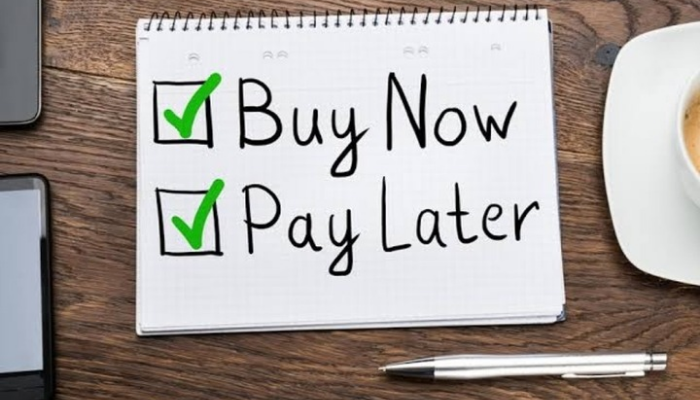The Buy Now, Pay Later (BNPL) sector in Nigeria is set for remarkable expansion, with annual growth projected at 13.8% to reach $1.62 billion by 2025. After a robust 23.1% CAGR between 2021 and 2024, the market is expected to maintain momentum with a 10% CAGR through 2030, culminating in a projected value of $2.61 billion.
This comprehensive report offers an in-depth, data-driven examination of Nigeria’s BNPL landscape, analyzing opportunities and risk factors across diverse retail categories. With more than 75 KPIs, the study delivers a holistic view of market size, forecast trends, and competitive dynamics.
Nigeria’s BNPL ecosystem is experiencing rapid adoption, spurred by the boom in e-commerce, expanding financial inclusion, and evolving consumer preferences. The integration of BNPL solutions beyond online retail—into sectors such as transportation and utilities—signals its growing influence within the broader financial system. As the industry advances, heightened competition is anticipated, encouraging BNPL providers to diversify products and improve accessibility for a wider audience.
Strategic alliances are a cornerstone of this expansion. Fintechs and retailers are increasingly collaborating to embed flexible payment options within their platforms, making BNPL solutions more mainstream and transforming how Nigerians manage short-term credit. Over the next several years, these partnerships are expected to drive further innovation, delivering tailored financing options and contributing to the digital transformation of Nigeria’s financial landscape.
Key Trends Driving BNPL Growth
-
Rapid Expansion and Consumer Appeal BNPL adoption is accelerating, with payment volumes forecast to hit $5.59 billion by 2024. The sector’s appeal lies in addressing short-term credit needs with transparent fees and user-friendly experiences, making it an attractive alternative to traditional credit cards. E-commerce growth and financial inclusion efforts are central to this surge, as BNPL platforms extend credit access to the underbanked and unbanked.
-
Sector Diversification The application of BNPL services is broadening into sectors like transportation and utilities. For instance, the government’s ‘convert now, pay later’ initiative enables vehicle owners to switch to compressed natural gas (CNG) via installment payments, demonstrating BNPL’s ability to support major purchases and public initiatives. This expansion is reducing financial barriers and promoting economic participation across a broader population.
-
Strategic Partnerships and Ecosystem Strengthening Collaborations between BNPL providers, fintechs, and retailers—such as Jumia Nigeria’s alliances with Easybuy and CredPal—are vital for scaling reach and driving adoption. These partnerships leverage established platforms to quickly expand market share and foster consumer trust in installment-based payment solutions.
-
Evolving Market and Regulatory Landscape The BNPL market is poised for intensified competition as new entrants and established players vie for market share. Innovations in payment technologies and credit assessment will enhance accessibility, while recent regulatory reforms—such as CBN’s guidelines for non-interest digital banks and government tax incentives—are set to further catalyze growth and financial inclusion.
Key Players and Innovations Notable companies shaping the BNPL market include CredPal (offering flexible payment terms and incentives), Easybuy (in partnership with Jumia), and Motito (expanding its “Pay later” model across West Africa). Recent developments, like Kueski’s QR code-enabled in-store payments and Shein-Stori’s co-branded credit card, highlight the sector’s push toward omnichannel adoption and customer-centric innovation.
Market Outlook Nigeria’s BNPL sector is on course for sustained growth, driven by strategic partnerships, digital adoption, and supportive regulatory frameworks. As competition fuels innovation, consumers can expect increasingly tailored, accessible credit solutions. The continued evolution of BNPL is set to redefine how Nigerians engage with credit and digital payments—contributing significantly to financial inclusion and the modernization of the country’s financial services.

